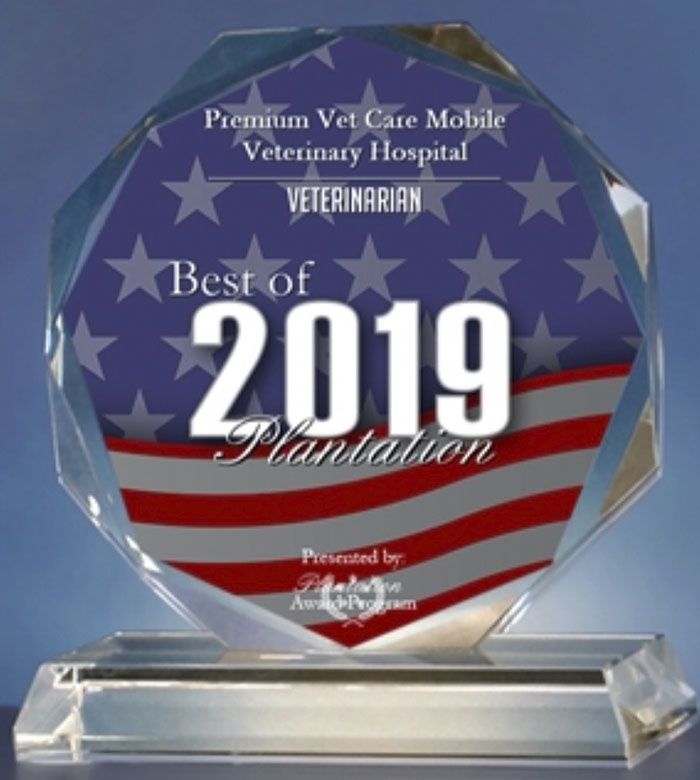Orthopedic Care for Pets: Common Conditions and Treatments
Orthopedic issues in pets can significantly impact their quality of life, leading to pain and decreased mobility. Understanding these conditions and the treatments available is essential for pet owners who want to ensure their pets remain healthy and active. Advanced orthopedic care offers numerous solutions for common issues like hip dysplasia, cruciate ligament tears, and arthritis. Early diagnosis and intervention are key to successful outcomes.
Common Orthopedic Conditions in Pets
Orthopedic conditions in pets are quite common and can lead to significant discomfort and mobility issues. Understanding these conditions is crucial for timely and effective treatment. Here are some of the most prevalent orthopedic issues seen in pets:
- Hip Dysplasia: This is a genetic condition where the hip joint is malformed, leading to arthritis and pain. Symptoms include difficulty in rising, reluctance to run or jump, and lameness in the hind legs.
- Cruciate Ligament Tears: Similar to ACL injuries in humans, this condition involves a tear in the ligament that stabilizes the knee joint. It often results from sudden twisting motions and can cause severe pain and instability in the affected leg.
- Arthritis: Common in older pets, arthritis involves the inflammation of joints, leading to chronic pain and stiffness. Symptoms include reduced activity, difficulty climbing stairs, and noticeable discomfort during movements.
Recognizing the symptoms of these conditions early can lead to more effective management and better outcomes. Regular veterinary check-ups play a crucial role in early diagnosis, allowing for timely interventions that can significantly improve your pet's quality of life. By staying vigilant and informed, pet owners can help ensure their furry friends remain active and comfortable despite these orthopedic challenges.
Advanced Surgical Treatments
For pets suffering from severe orthopedic conditions, advanced surgical treatments can offer a path to recovery and improved quality of life. These surgeries are designed to address specific issues and restore mobility. Here are some key surgical options available:
- TPLO (Tibial Plateau Leveling Osteotomy): This surgery is commonly used to treat cruciate ligament tears. By altering the dynamics of the knee joint, TPLO stabilizes the joint and alleviates pain, significantly improving the pet's ability to move.
- Total Hip Replacement: For pets with severe hip dysplasia or arthritis, total hip replacement can be a life-changing procedure. It involves replacing the damaged hip joint with a prosthetic one, which can restore full function and eliminate pain.
- Fracture Repair: Pets with broken bones often require surgical intervention to ensure proper healing. This can involve the use of pins, plates, or screws to stabilize the fracture and promote recovery.
These surgeries have high success rates and can greatly enhance a pet's quality of life. Recovery processes vary, but they typically include rest, physical therapy, and gradual reintroduction to normal activities. The goal of these advanced treatments is to restore pets' mobility and allow them to enjoy an active, pain-free life once again. By opting for these surgical solutions, pet owners can provide their furry companions with the best chance for a full recovery.
Non-Surgical Treatment Options
For pets with orthopedic conditions, non-surgical treatments can often provide significant relief and improve quality of life. These treatments focus on managing pain and enhancing mobility through various approaches. Key non-surgical options include:
- Physical Therapy: Tailored exercises and therapies help strengthen muscles, improve joint function, and reduce pain. Techniques may include range-of-motion exercises, balance training, and aquatic therapy.
- Hydrotherapy: This form of physical therapy uses water to support the pet's weight, allowing for low-impact exercise. It is particularly beneficial for pets with arthritis or those recovering from surgery.
- Pain Management Techniques: These include medications such as NSAIDs (non-steroidal anti-inflammatory drugs), opioids, and supplements like glucosamine and chondroitin. These medications help manage inflammation and pain, improving the pet's comfort.
- Lifestyle Changes: Implementing weight management programs to reduce stress on joints and encouraging appropriate, low-impact exercise can significantly aid in managing orthopedic conditions.
- Alternative Therapies: Acupuncture and laser therapy are gaining popularity for their potential to reduce pain and promote healing in pets with orthopedic issues.
These non-surgical treatments, combined with regular veterinary check-ups, can help manage orthopedic conditions effectively, allowing pets to maintain an active and pain-free lifestyle. By considering these options, pet owners can support their furry friends in living healthier, more comfortable lives.
Ensuring Your Pet's Mobility and Comfort
Advanced orthopedic care is essential for pets experiencing joint and mobility issues in Plantation, Weston, Davie, and surrounding areas. Understanding the common conditions and exploring both surgical and non-surgical treatment options can help pet owners make informed decisions to enhance their pets' quality of life. If your pet is showing signs of orthopedic issues, don't wait. Book an appointment with Premium Vet Care to discuss the best treatment options. Visit Premium Vet Care to schedule your appointment today.
By accepting you will be accessing a service provided by a third-party external to https://premiumvetcare.com/









